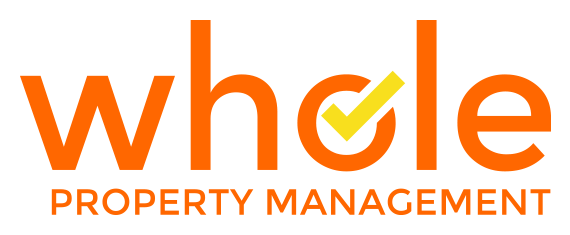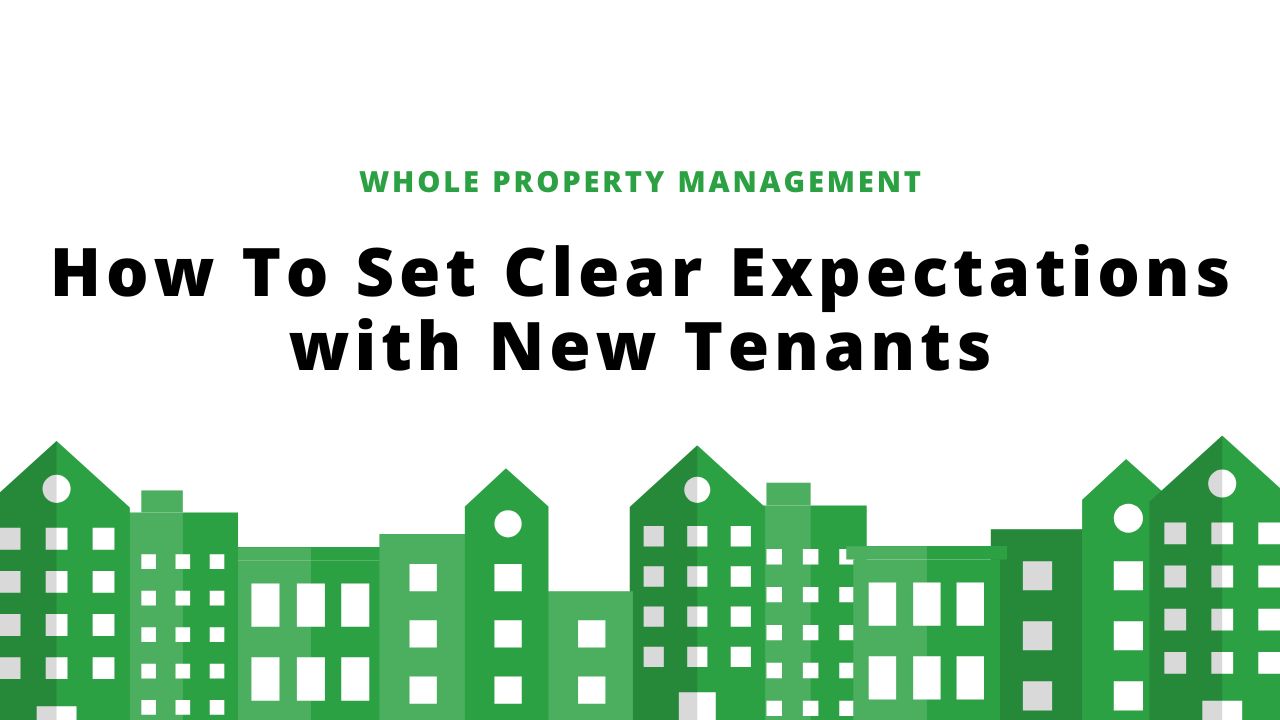How To Set Clear Expectations With New Tenants
Key Takeaways
- Clarity Prevents Conflict: Setting clear expectations upfront—on rent, repairs, rules, and responsibilities—helps avoid misunderstandings and reduces tenant disputes.
- Communication Builds Trust: Open, timely, and consistent communication fosters stronger tenant relationships and leads to better property care.
- Defined Guidelines Protect Your Property: Outlining rules on damage, noise, allowing pets, and smoking helps preserve your property’s condition and creates a more livable environment.
- Proactive Management Pays Off: From move-in walkthroughs to detailed leases and fair exit processes, proactive steps lead to fewer issues and lower tenant turnover.
Being a landlord involves much more than simply collecting rent or handling occasional repairs. A large part of managing rental properties effectively is establishing transparent communication and setting clear expectations early.
When done correctly, it reduces misunderstandings, prevents disputes, and retains respectful tenant relationships. Clear guidelines not only create a smoother tenancy but also help maintain the condition of your property and minimize tenant turnover.
This guide from, Whole Property Management, outlines critical areas where clear communication can make all the difference in creating a positive rental experience, for both landlords and tenants.
Rent Payments
Setting clear expectations around rent ensures on-time payments and avoids confusion.
- When Rent is Due: State the rent amount due date clearly in the lease and send reminders as the date approaches.
- How to Pay: Let tenants know what payment methods you accept—such as online portals, bank transfers, checks, or other options.
- Late Fees and Grace Periods: Explain if there’s a grace period and what the fees are for late payments. Tenants should know the consequences of paying late, so it doesn’t feel unfair.
By being clear about rent expectations, you create a smoother payment process and reduce the risk of late or missed payments.
Maintenance and Repairs
Tenants should know how to report problems—and what to expect when they do.
- How to Report Issues: Tell tenants exactly how to report repairs promptly (email, phone, or online portal). The easier it is, the sooner you’ll hear about issues.
- What’s an Emergency?: Clarify the difference between emergency repairs (like a gas leak or no heat) and non-urgent ones (like a loose cabinet door).
- Repair Timelines: Give tenants an idea of how long common rental repairs usually take, and let them know you’ll keep them updated if delays happen.
Clear repair guidelines improve communication, speed up fixes, and help protect your property from bigger problems.
Property Damage
Avoid disputes at move-out by defining what counts as damage.
- Normal Wear and Tear: Let tenants know that things like small nail holes, worn carpet, or faded paint are normal and won’t cost them.
- Tenant-Caused Damage: Explain what qualifies as damage (e.g., broken blinds, large stains, holes in walls) and that these may be deducted from the security deposit.
- Using the Security Deposit: Be clear that the deposit only covers damage beyond normal use. Let tenants know you’ll do a fair move-out inspection to assess this.
Setting these boundaries early makes move-out smoother and ensures fairness for both landlord and tenant.
Noise and Disturbances
Setting boundaries around noise helps everyone live peacefully.
- Quiet Hours: Include quiet hours in your lease, especially during nights and weekends.
- Parties and Guests: Explain rules for gatherings, including how many guests are allowed and what noise level is acceptable.
- How to Report Issues: Let tenants know how to report disturbances. Reassure them that you take these concerns seriously.
When everyone understands the noise rules, it helps create a respectful and livable environment for all residents.
Pets and Smoking
Be upfront about rules that can cause problems if left unclear.
- Pet Policies: List pet policies, for instance If pets are allowed, list any restrictions (breed, size, number). Also include rules around noise, waste cleanup, and whether there’s a pet deposit or monthly pet rent.
- Smoking Rules: Say clearly if smoking is allowed inside, outside, or not at all. Many landlords now have smoke-free properties to reduce damage and health concerns.
Being clear about pets and smoking helps avoid future misunderstandings and keeps your property in better condition.
Lease Termination and Eviction
Ending the lease should be just as clear as starting it.
- Ending the Lease: Explain how much notice tenants must give before moving out and what condition the unit should be in.
- Reasons for Eviction: Let tenants know what actions could lead to eviction—like not paying rent, damaging the property, or breaking lease rules. Make it clear eviction is a last resort.
Having clear exit guidelines avoids stress and gives both parties confidence during the lease’s final stages.
Communication Matters
Strong communication helps everything run smoothly.
- Ways to Stay in Touch: Offer multiple ways for tenants to contact you, including phone, email, or an online system.
- How Quickly You’ll Respond: Set clear expectations for response times—whether it’s 24 or 48 hours—so tenants know when they’ll hear back.
Clear and consistent communication is key to solving issues quickly and building tenant trust.
Extra Tips to Avoid Problems
- Create a Detailed Lease: A well-written lease reduces confusion and covers all the bases—rent, rules, repairs, and more.
- Do a Move-In Walkthrough: Walk through the property with your tenant before they move in. Take notes and photos to document the condition and avoid move-out disputes during the move-in inspection.
- Provide an Orientation: Walk new tenants through key rules and how things work, especially in multi-unit buildings. It helps build trust and ensures they understand what’s expected.
Taking these extra steps early on can prevent major problems and build long-term, positive landlord-tenant relationships.
Bottom Line
Clear expectations lead to fewer problems, more satisfied tenants, and a better rental experience for everyone. When tenants know the rules and feel respected, they’re more likely to pay on time, take care of your property, and renew their lease.
At Whole Property Management, we make it easy by handling everything for you—rent collection, maintenance, tenant screening, and more. Our full-service approach is built on clear communication and lasting value for property owners.
Contact us today to learn how we can help manage your rental the right way.

